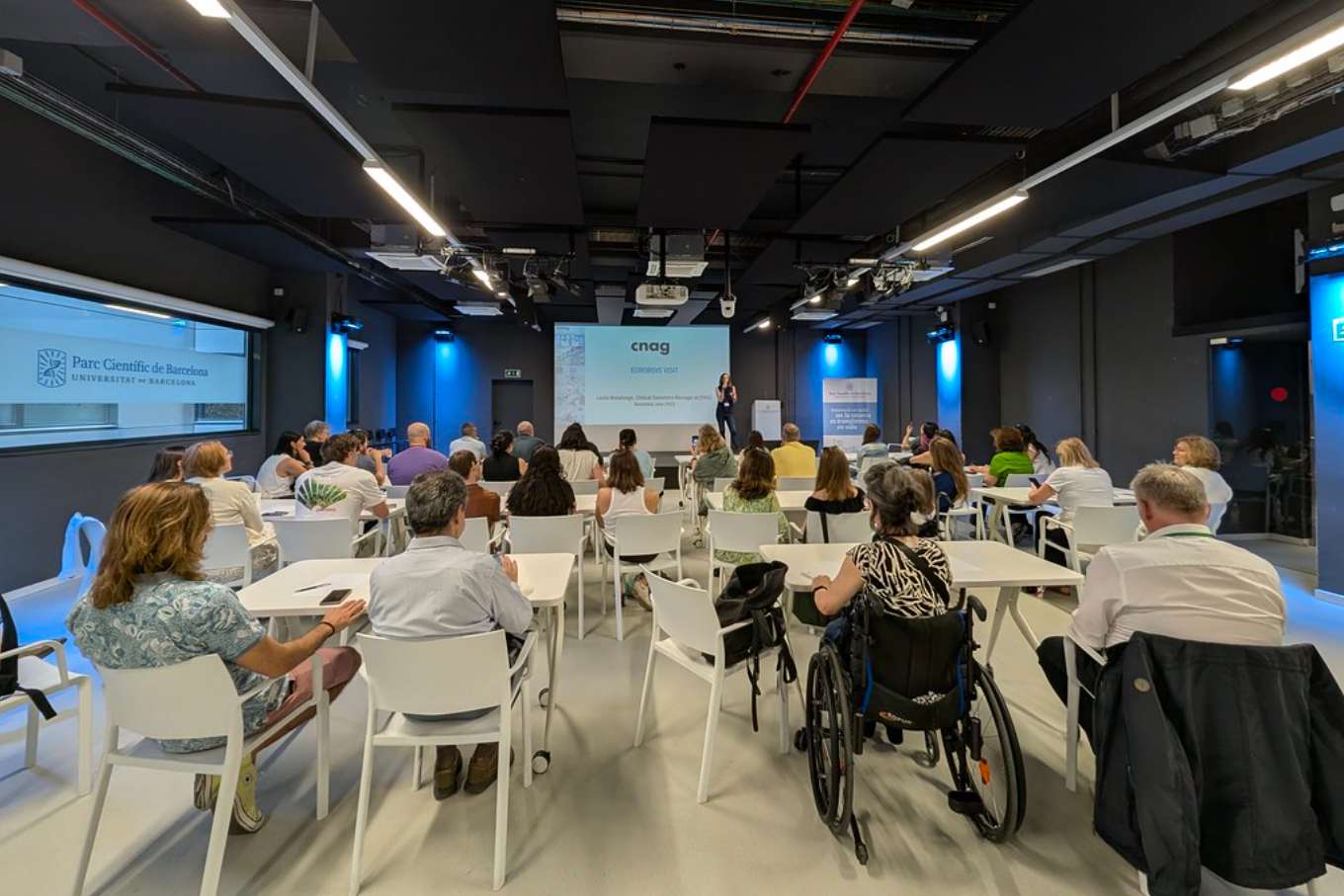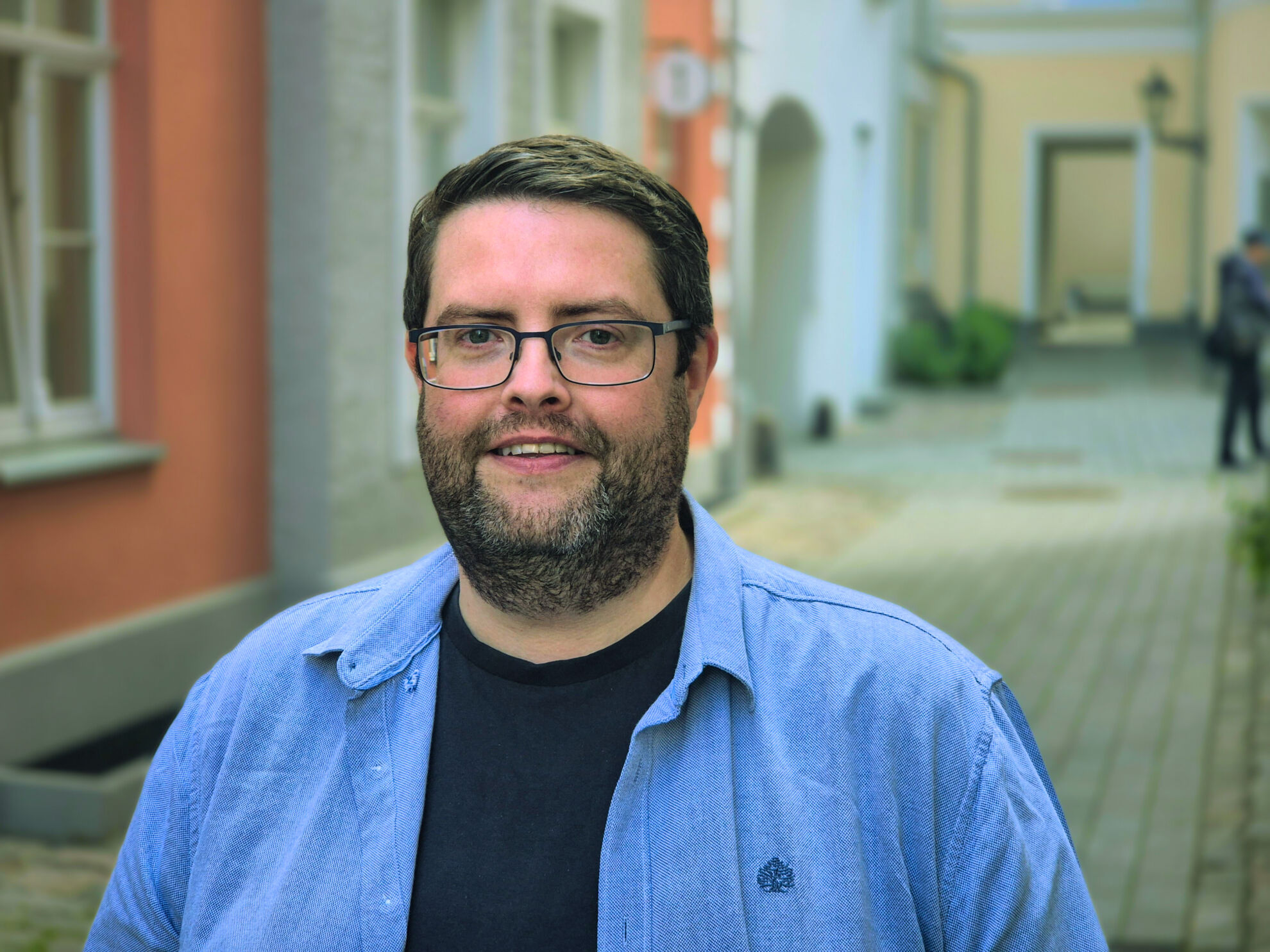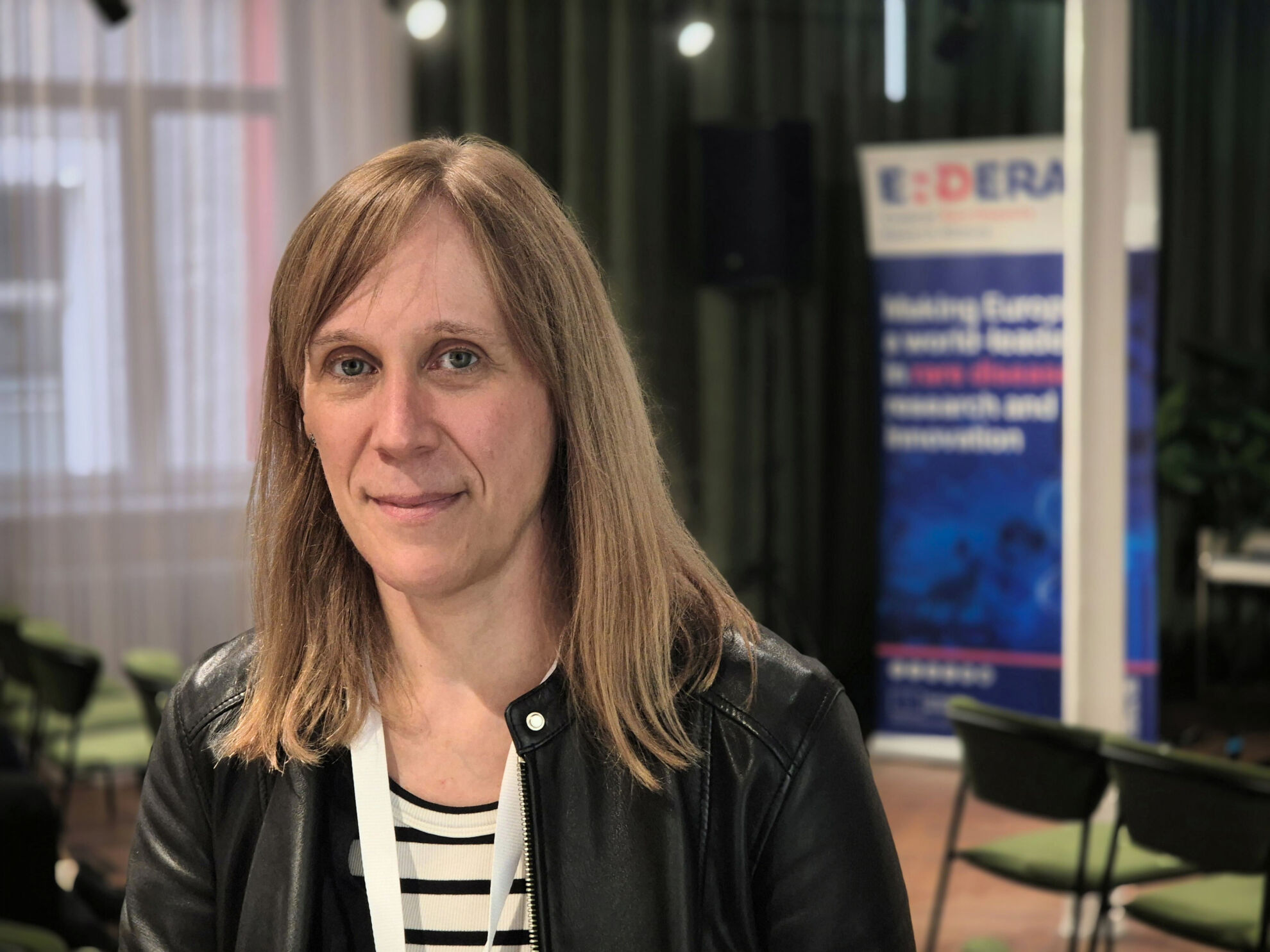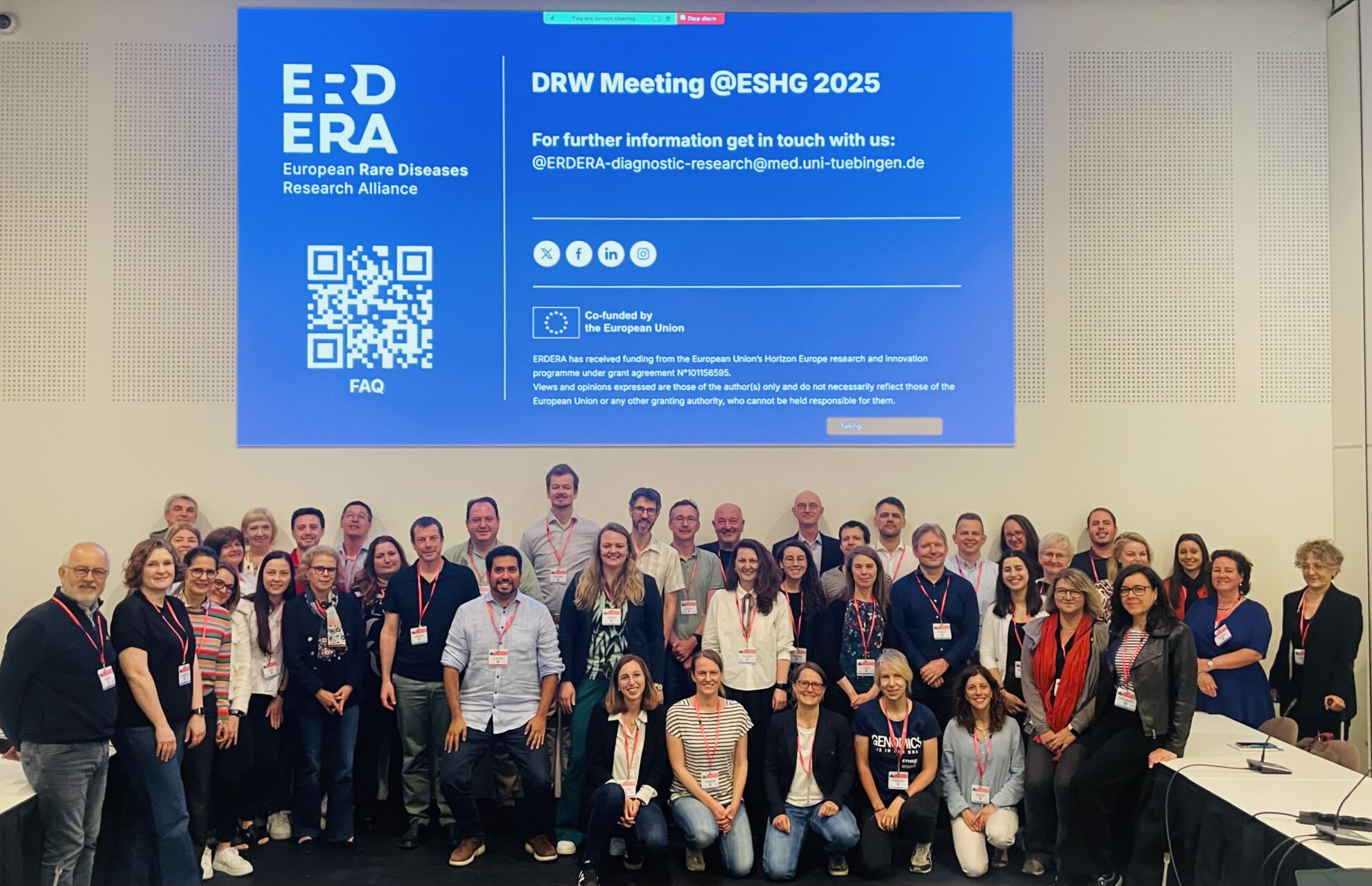Earlier this month, Barcelona hosted the 2025 edition of the EURORDIS Open Academy Schools, bringing together 77 patient advocates and early-career researchers from 27 countries for three days of practical learning and exchange. Held from 2 to 4 June, the event marked the first edition of the Schools delivered as part of the ERDERA partnership, and reaffirmed the shared goal of strengthening the community of people driving progress in rare-disease research.
The programme combined classroom sessions with immersive field visits, offering a rich learning experience. Participants explored cutting-edge facilities at Hospital Sant Joan de Déu, including the CORTEX command centre, the neonatal intensive care unit, and newly designed spaces for families. A visit to the Centro Nacional de Análisis Genómico (CNAG) gave participants a behind-the-scenes look at how genomic data is processed—linking the lab bench to high-powered computing in ways that are transforming rare-disease diagnostics.
The training sessions themselves covered an increasingly wide range of topics. In addition to the core modules on medicines R&D and scientific innovation, this year’s curriculum included sessions on artificial intelligence in diagnostics, real-world data in regulation, patient engagement, pharmacovigilance and the ethical use of advanced therapies. The content reflected today’s fast-changing research environment and gave participants a solid grounding in the tools and knowledge needed to make a difference.
Human stories remained at the core of the experience. In one of the sessions, five participants shared their personal journeys with rare diseases, reminding everyone why this work matters and how individual voices can shape entire research agendas. Looking to the future, organisers also introduced the new Open Academy Alumni Mentoring Programme, which will launch in September to support graduates from past and future editions as they take on new roles in their communities.
This year’s Schools also expanded their international reach. With support from the Canadian Institutes of Health Research, five participants joined from Canada, and others travelled from Kenya, Taiwan and Chile through scholarships provided by Rare Disease International.
Applications for the 2026 edition—as well as for the new mentoring programme—will open in September, offering a new wave of advocates the chance to connect, learn and contribute to a growing global movement.
Read more about the event, see the programme and explore the presentations here.
Photo © EURORDIS – Rare Diseases Europe via Flickr





